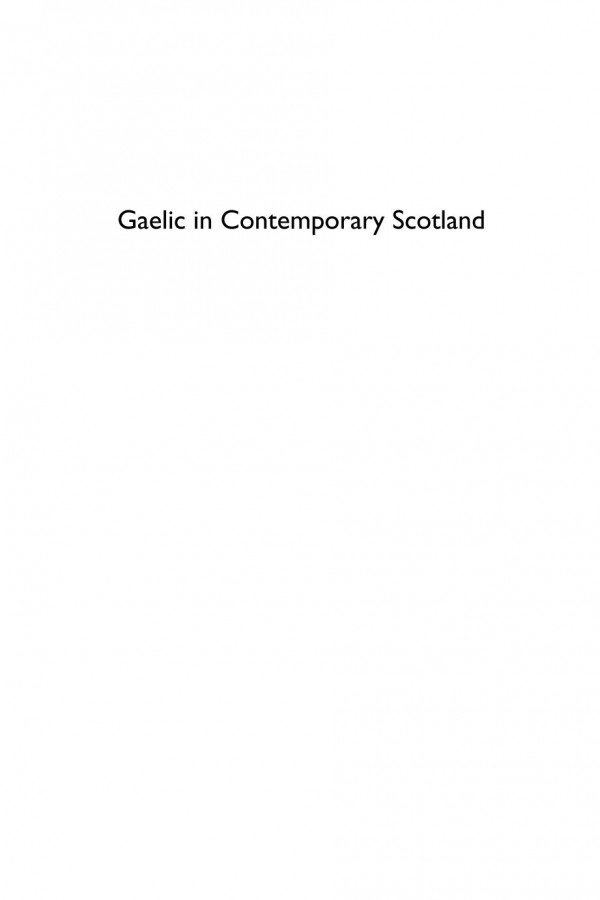

Most ebook files are in PDF format, so you can easily read them using various software such as Foxit Reader or directly on the Google Chrome browser.
Some ebook files are released by publishers in other formats such as .awz, .mobi, .epub, .fb2, etc. You may need to install specific software to read these formats on mobile/PC, such as Calibre.
Please read the tutorial at this link: https://ebookbell.com/faq
We offer FREE conversion to the popular formats you request; however, this may take some time. Therefore, right after payment, please email us, and we will try to provide the service as quickly as possible.
For some exceptional file formats or broken links (if any), please refrain from opening any disputes. Instead, email us first, and we will try to assist within a maximum of 6 hours.
EbookBell Team

5.0
88 reviewsThe number of young people speaking Gaelic in Scotland is growing for the first time since Census records began but less than half of all Gaelic speakers use Gaelic in the home. This book sets out to explore why.
Focusing on how people, communities and organisations are ‘doing’ Gaelic, this book explores the processes and patterns of Gaelic language acquisition, use and management across four key spaces of interaction: the family, the community, educational settings, and in organisations. The contributors adopt an experiential approach to give voice to speakers in a diverse range of communities, both geographically and socially, as the volume illustrates the ways in which the use of Gaelic is changing in the context of increasingly fragmented, networked communities.
Gaelic in Contemporary Scotland provides a range of critical perspectives on existing models for minority language revitalisation and to introduce fresh ideas for language revitalisation theory. Through its analysis of the interconnections between, and differences within, Gaelic communities, this collection challenges old understandings of the Gaelic community as a single collective identity, making it an invaluable resource for students, lecturers and researchers interested in questions of linguistic diversity, linguistic minorities and language policy and planning.